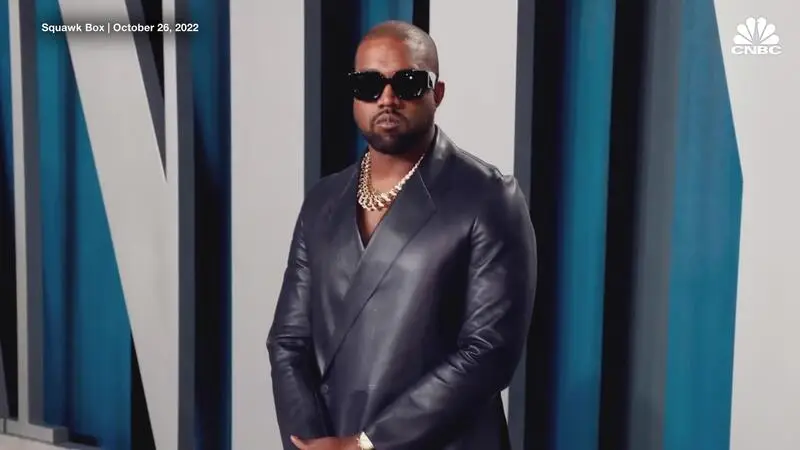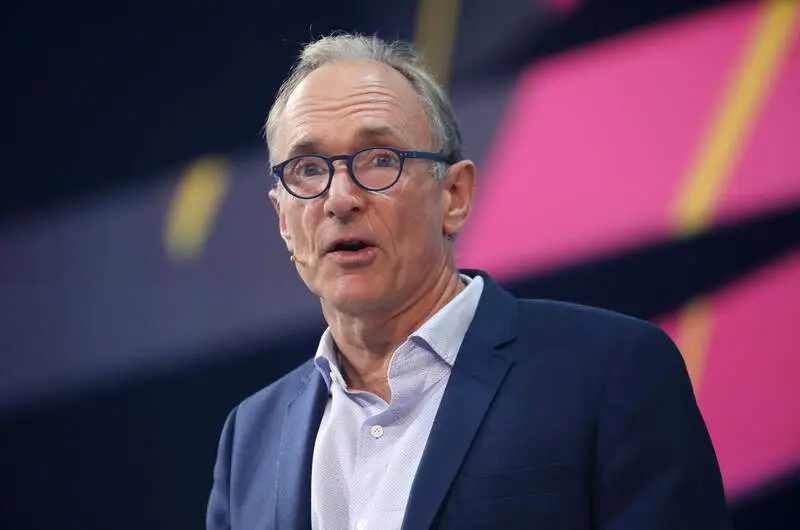After splitting with Kanye West, British audio startup Kano asks for funding
British audio and computing hardware startup Kano is planning to raise equity funding from its users and fans, as the company tries to chart a path forward after cutting business ties with Kanye West, also known as Ye.
The firm will launch a crowdfunding campaign on Crowdcube on Tuesday, Kano's CEO Alex Klein told CNBC. Ordinary users will be able own a slice of Kano alongside its institutional backers, which include Microsoft and billionaire investor Jim Breyer's Breyer Capital.
It's seeking to raise $900,000 from individual investors in the U.K. and Europe. The company also plans to expand the crowdfund to the U.S.
Kano, which sells hardware targeted at musicians and creatives, has undergone a few dramatic twists over the years.
Initially started as a venture to help kids code with easy to build computer kits, the firm has since moved much of its focus to developing audio products, the main one being its Stem Player, a puck-shaped device that lets users split songs up into individual tracks, like vocals, bass, or drums.
Kano agreed tie-ups with big brands to launch a select few products, including a Harry Potter wand users could customize through code, a Windows version of its modular Kano PC, and a coding kit inspired by Disney's "Frozen." It has since ceased production of those devices, and no longer sells any of its products in big-box retailers.
In 2019, Klein met with Kanye West, the disgraced rapper and musician who has been increasingly ostracized from the business world over his antisemitic remarks.
The two would go on to discuss the beginnings of what eventually became the Stem Player. It was originally named the "Donda Stem Player," a reference to West's 10th studio album, Donda. Ye's 11th album, Donda 2, was released exclusively on the Stem Player, on Feb. 23, 2022.
How the tie-up unwound
Then came Ye's antisemitic outbursts. In October, West made several harmful remarks about Jewish people, including repeated attacks on "Jewish media," invoking the antisemitic claim that Jewish people disproportionately control the media.
Those beliefs were expressed privately as well as publicly, according to Klein, who, in an exclusive CNBC interview, recalls one of Ye's advisors saying the rapper couldn't go through with a deal to acquire Kano "because one of the investors is Jewish."
"He was doing stuff that was just disgusting," Klein told CNBC. "My dad is Jewish."
A lawyer from Australian law firm King and Wood Mallesons representing Ye was not immediately available for comment on this story when contacted by CNBC.
Ye did not immediately respond to a reply asking him about the on the social media app Parler, where he last posted two months ago.
Ye verbally committed to purchase Kano outright for $80 million early last year, Klein said. A mutual confidentiality agreement shared with CNBC shows that, in March 2022, the pair agreed to initiate exclusive deal talks.
Klein says he was expected to manage Ye's finances for him in order to seal the deal, an unorthodox request in deal-making terms. Klein says he did look over Ye's finances but an acquisition didn't materialize, and all the advisors involved were fired.
As the two went back to the drawing board, a subsequent proposal was made that would have seen Kano become a joint venture named Yeezy Tech, funded with $10 million from an outside VC. Ye then proposed a new version of the deal, backed entirely by his own cash. Faced with "worse" terms and news of Ye's antisemitic comments, Kano didn't accept, Klein said.
It wouldn't be the first time Ye has engaged in, and then backed away from, a tech company deal. In October, Ye agreed to buy Parler, an app associated with conservatives, for an undisclosed sum. That deal was "mutually" terminated in November, according to a company statement to TechCrunch.
Despite recent outcry over Ye's antisemitic remarks, he has frequently raised eyebrows. At October's Paris fashion week, Ye donned a T-shirt with the racially sensitive slogan "White Lives Matter." In 2016, the rapper expressed his support for former U.S. President Donald Trump and in 2018 spent a stunning and surreal half hour talking to Trump in the Oval Office.

Klein admits he stuck by the rapper as long as he did because it meant being flush with capital and widespread promotion. "$10 million is a hard thing to turn down," he said.
A simpler reason, Klein said, was because he considered Ye a "friend." Klein said: "On a human level, I was like, this is a guy I've written lyrics with. This is a guy I've had great conversations with about lots of topics. It was difficult."
What next for Kano?
Now, Klein wants to put the Ye debacle behind him. Once its Crowdcube round closes, Klein plans to invest a significant portion of it into Kano's future products. It plans to launch a pair of white headphones called the Stem Headphones, by the end of 2023 or early 2024.
The Stem Player, along with West's dedicated fanbase, drove great commercial success for the small London startup. The device, which starts at a retail price of $200, has sold almost 100,000 units to date.
Kano eked out a £1.6 million ($1.9 million) profit before tax in 2022, the first time in three years, according to unaudited financials shared by Klein with CNBC, a turnaround from a £13.7 million loss in 2021. Revenues grew nearly 28% to £17.4 million.
That has raised questions about whether the business can continue its success post-Ye.
Klein didn't accept that Ye was the main driver for its bumper 2022, which came as much of the tech industry grappled with plunging stock prices, slowing sales growth, and mass layoffs amid rising inflation and macroeconomic uncertainty stemming from the Russia-Ukraine war.
"The prior year was our partnership with Disney, which was good for growth, but wasn't as good for profitability," Klein explained.
WATCH: Three decades after inventing the web, Tim Berners-Lee has some ideas on how to fix it

Comments
Post a Comment